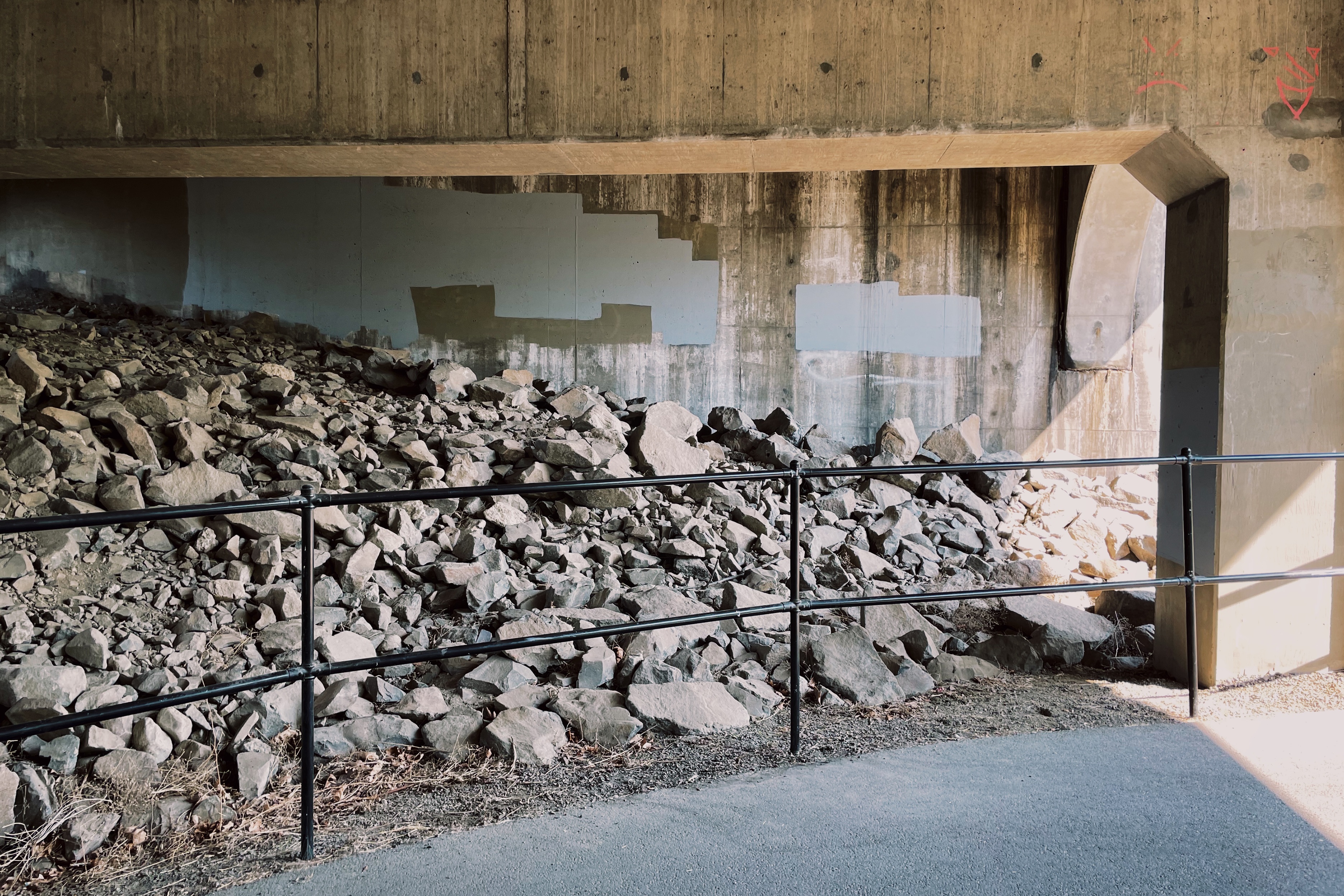The Shock of the New is Old
We know that the internet is drastically changing modern life, and its influence grows stronger by the minute. It makes some people anxious, scares others, but also excites a few. Regardless of how you might feel about it, there’s something to learn from diving into the history books. This kind of change isn’t new. It’s happened many times before.
In the first essay of his book, The Shock of the New, Robert Hughes compares his contemporary 1980 to the 1880–1930 era when industrialism and the age of mechanics massively altered how people saw their world. He asks, what changed? What did they have in Modernism’s infancy that we lost?
Ebullience, idealism, confidence, the belief that there was plenty of territory to explore and above all the sense that art in the most disinterested and noble way, could find the necessary metaphors by which a radically changing culture could be explained to its inhabitants.
When time moves too fast, it becomes very difficult to define. I think we’re living in a very similar period. There is plenty of excitement and innovation and opportunity, but we’re also very unsure of what’s on the other side. We have no idea how this will all flatten out. We don’t know what to call it. As a first attempt at metaphor, we referred to the internet as “The information superhighway”. A good try, but have we done better since then? I’m not sure. The internet is definitely nota highway, though it might have seemed that way for a moment in time. As we learn what the internet affords us, we find it’s much more than just information, it’s also friendships and communications and personal conveniences. Could you possibly wrap all that up into a single metaphor?
Maybe we’ll find the right phrases in another couple of decades. Using hindsight, Hughes was able find some pretty relevant metaphors for the art of the mid-Industrial Revolution period:
The master image of painting was no longer landscape but the metropolis. In the country, things grow, but the essence of manufacture of the city is process, and this could only be expressed by metaphors of linkage, relativity, interconnectedness. These metaphors were not ready to hand. Science and technology had outstripped them, and the rate of change was so fast that it left art stranded, at least for a time, in it’s pastoral conventions.
So much parallel here. So much. “Linkage, relativity, interconnectedness.” “The metropolis.” “Process.” These metaphors feel right, don’t they? Not just for that time, but also for this time. After a few decades lingering around in the suburbs, we’re moving back to cities and placing priorities on social needs. It’s history on repeat.
I like knowing that history repeats itself, that we can always go back into books and find parallels to whatever new is happening today. Because nothing is truly new — everything has a precedent — and we can learn from them if we pay attention .
